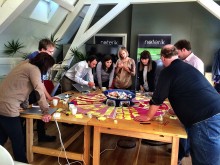Login Status
-
Free text
UPCOMING EVENTS:
 From August 18 to October 11, 2026; submissions due February 19.
From August 18 to October 11, 2026; submissions due February 19.FILE – Electronic Language International Festival is now accepting project submissions and invites artists, researchers, creators, and developers to participate in its next edition. An international reference in the fields of art, technology, and innovation, FILE will take place in … Continue reading →
 Wrocław University of Environmental and Life Sciences, 4th of Match 2026
Wrocław University of Environmental and Life Sciences, 4th of Match 2026The international conference “Cross-border cooperation in the era of challenges and transformation – space, energy, climate, culture” will be held on 4 March 2026 at the Wrocław University of Environmental and Life Sciences, in Wrocław, Poland. The conference will explore key issues facing border regions, from … Continue reading →
Topic: EU projects

The project was presented to IT and documentation professionals in museums to familiarise the audience with the project and raise awareness that files have to be checked before being preserved. Continue reading
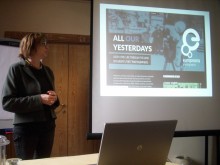
Europeana Photography was present once again to the EVA conference in Florence, held on 7 – 8 May 2014. A nice presentation by Emanuela Sesti of Fondazione Alinari highlighted to the present audience the progress of the project, and disseminated … Continue reading

From 15 to 17 May 2014, in Belgium, at the Troubleyn Theater and the Royal Conservatoire of Antwerp, it was held the colloquium Thinking bodies – Moving minds. The event focused on the topic of performing arts, which in the last years witnessed a proliferation of research; this colloquium aimed to make a current state of this new field of research and to critically reflect the position of artistic research in respect to the artistic practice and the academic field. Continue reading
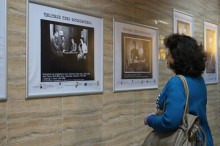
The opening took place on the 15th May 2014. Among the guests was Mr. Martin Ivanov – the President’s Secretary of Culture. Mr. Dincho Krastev – CEO of NALIS – and Mrs. Katya Zografova – director of the National Museum of Literature presented the exhibition and the EuropenaPhotography project. Continue reading
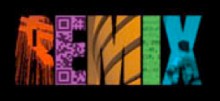
The event brings together world class speakers from across industries to discover, share and explore new ways to build big ideas in the cultural and creative industries. Continue reading
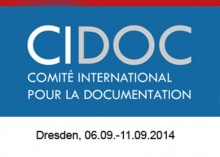
The CIDOC Conference 2014 committee has accepted the proposal to present a paper on the DCH-RP Roadmap at the CIDOC 2014 Conference in Dresden. The presentation will be given in the session Session G/1, Digital Long Term Preservation on Tuesday 9th September 2014 and the paper will be published in the conference proceedings. Continue reading
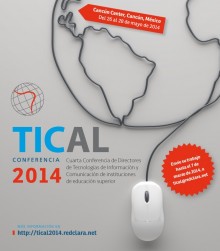
The TICAL Conference is the place where the community come together, which is feed primarily with the experiences, knowledge and initiatives presented by universities, providing significant and unprecedented solutions around ICT topics for higher education institutions in all the areas of the university labor. Continue reading
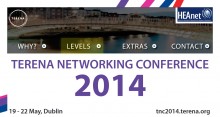
The TERENA Networking Conference (TNC) is the largest and most prestigious European research networking conference, with more than 650 participants attending this annual event. TNC brings together decision makers, managers, networking and collaboration specialists, and identity and access management experts … Continue reading
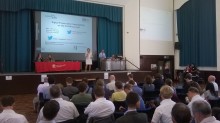
The main objective of the workshop was to provide an overview of solutions to challenges within Digital Preservation Sustainability developed by current and past Digital Preservation research projects. The event brought together various EU projects/initiatives to present their solutions and approaches, and to find synergies between them. Continue reading


